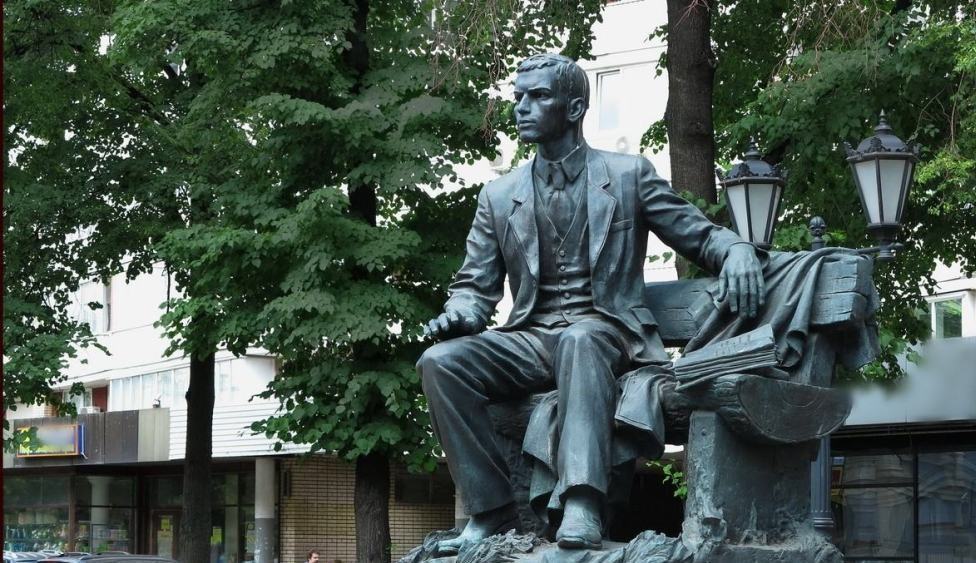When we hear the names of Russian literary figures, we often think of renowned names like Alexander Pushkin, Leo Tolstoy, Maksim Gorky, and others. Similarly, when we hear the names of literary critics in Russia, we are familiar with names like Vissarion Belinsky and other prominent figures.
However, have we ever heard of Gabdulla Tukay? Gabdulla Mukhamedgarifovich Tukay (Габдулла Тукай) was an ethnic Tatar writer who, despite not being as famous as some of the world’s literary figures, played a significant role in Russian society, especially in the Tatarstan region. Moreover, he was a revolutionary Muslim, which adds an intriguing dimension to his story.

The name Gabdulla Tukay represents nearly all eras in the spiritual development of the Tatar community. His beautiful poems mostly narrate revolutionary spirit and nationalism towards his homeland. Thus, it’s fair to say that the man born on April 26, 1886, was a trailblazer in literary language in Tatarstan, comparable to Indonesia’s renowned poet of the ’45 Generation, Chairil Anwar.
Gabdulla Tukay was the son of a mullah (religious teacher) who became an orphan at a young age of four. This led Tukay to move among various relatives, shaping his identity as someone who loved adventure and new experiences.
Tukay received his education at the Mutygiya Madrasah (Tikhvatullins) in Uralsk, where he focused on studying the Russian language, showcasing exceptional talent at a young age. By the age of eighteen, he was entrusted with the responsibility of managing the New Age magazine, where he translated poetry manuscripts into the Tatar language. It was here that Tukay began to idolize poets like Alexander Pushkin and Mikhail Lermontov.
The year 1905 was pivotal for Tukay and his works. It was a time when the Tatar community rebelled against the Russian Empire’s attempts to expel them under the guise of border regulations. Tukay firmly expressed his rejection in his poem titled “Без Бармыйбыз” (We Will Not Leave), which inspired the surrounding community to unite in defense of their homeland. Since then, he steadfastly held onto his position, consistently addressing themes of national liberation in his works.








